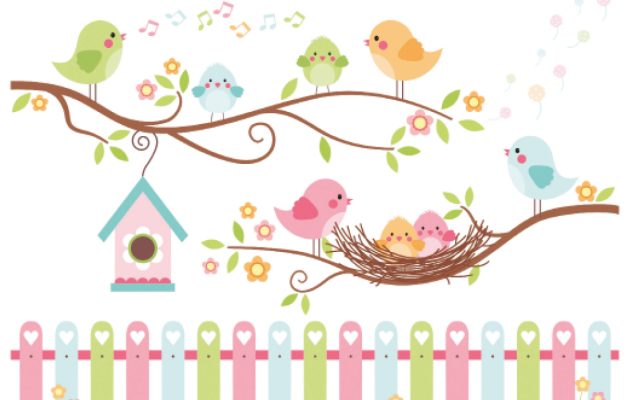The Mystery Of Anna Grace – Episode 08

The Mystery Of Anna Grace by Louise McIvor
« Previous Post- 5. The Mystery Of Anna Grace – Episode 05
- 6. The Mystery Of Anna Grace – Episode 06
- 7. The Mystery Of Anna Grace – Episode 07
- 8. The Mystery Of Anna Grace – Episode 08
- 9. The Mystery Of Anna Grace – Episode 09
- 10. The Mystery Of Anna Grace – Episode 10
- 11. The Mystery Of Anna Grace – Episode 11
Later that week, Robin gave Charlie a tour of the outbuildings. Charlie was glad of the wellies Katarina had found for her in the depths of the cloakroom.
“We would have had milkmaids and farmhands, an estate manager and labourers,” Robin told her. “And look at it now.”
Charlie had picked up on his bleak mood and thought how tired Robin looked.
The barn was one of the modern outbuildings, built with a curved corrugated iron roof and sidewalls, so that the whole structure looked like it had a lid.
The farm buildings sat parallel to the house, with easy access to the long lane.
“In those days, folk who lived in a grand country house wouldn’t have been up in the morning to see to the cows, so being near was seen as a disadvantage.
“But Anna Graystone had the sense to see that the farm had to make the estate financially viable.
“So the story goes that it was Anna who established the dairy herd and made sure that they had a proper milking parlour.
“But in my father’s time, the rhythms of the farm and the cattle weren’t conducive to the rhythms of running a hotel,” Robin finished.
“I’m not so sure,” Charlie said. “Guests always need fed and watered, come hail, rain or shine!”
“That’s true.” Robin laughed. “But when the farm manager announced he was going to retire, my father decided the time had come to sell the herd.
“It must have been a good income for the estate,” Charlie pointed out as they walked the fields together, which were bordered by hawthorn hedges and trees.
“I’m no farmer, but surely this is good land,” she went on.
“It is,” Robin agreed. “For years we let the land, when we could no longer afford the manpower ourselves.
“Then, when we had to sort out the kitchen, in the days when we ran the restaurant, my father decided to sell some.”
Charlie nodded, avoiding tripping over a rabbit hole.
Robin put a hand on her arm.
“Are you OK?” he asked.
“I’m fine,” Charlie said, suddenly feeling out of kilter, and she wasn’t sure whether it was because lunch had only been a quick sandwich or if it were something else entirely.
“Come on. I’ll show you the rest then we can see if Katarina has some chicken casserole on the go.”
Robin unlocked the first of a row of wooden doors on the outbuildings.
“This was where the animal feed was kept,” he said. “The chickens would have been next door.
“My grandmother kept a lovely breed called Rhode Island Reds, but my mother has little interest in the farming side of things.”
“The fresh eggs must have been lovely.” Charlie smiled.
“My sisters used to run out to collect the eggs in the morning,” Robin told her.
“Over there is the milking parlour, but my father sold the herd not long after I was born.
“We needed the income for the estate. As I said, it was Anna who established the original herd.”
“It sounds like the sort of thing she would have done,” Charlie said. “The Anna who is emerging from her diary sounds very practical.”
“Not easy when Anna had a husband who by all acounts didn’t have a practical bone in his body.
“He inherited the house from his uncle so he wasn’t born into it,” Robin explained.
“This is the barn,” he went on, indicating the big building with the double-fronted doors. “Now, it will not smell the freshest.”
Robin unlocked the doors, slid back a bolt and pulled.
“We did use it for a while for stables when my mother decided to keep a couple of horses – Oh!”
“I think you have a two-legged visitor here rather than a four-legged one!” Charlie gasped.














